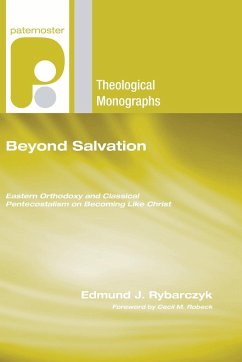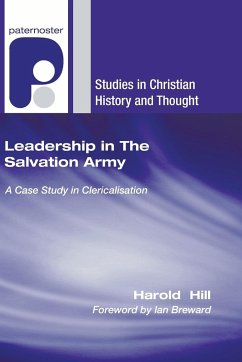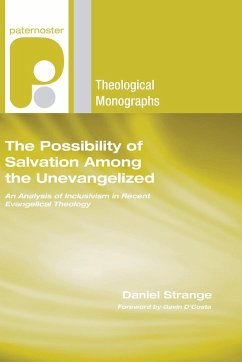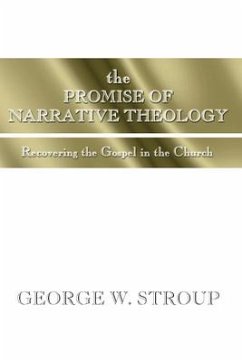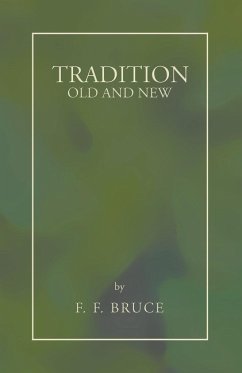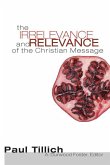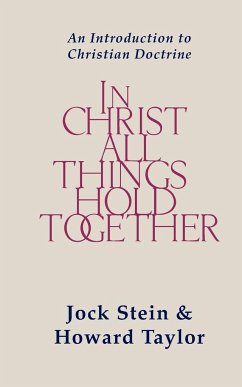Despite their historical and cultural differences, Eastern Orthodox Christians and Classical Pentecostals share some surprising similarities. Both incorporate holistic approaches to Christian spirituality. Both manifest an organic approach to ecclesiology. Both emphasize that Christianity is not just about being saved. Most strikingly, both traditions embrace the effective and even mystical dimensions of Christian transformation. This study locates both traditions within their cultural and philosophical meta-contexts and suggests avenues of mutual understanding. No longer can these two groups, representing ancient and recent Christian expressions, afford to be strangers. Pentecostal and Orthodox Christians share the concern that entry into the Christian life should bring about a spiritual transformation of the whole person. In this groundbreaking study, Dr. Rybarczyk for the first time brings into dialogue some of the philosophical, theological, and spiritual conclusions of these seemingly disparate traditions to demonstrate their essential sameness. What this insightful work illustrates for us is how to understand the core of what each tradition has to say on the theme of spiritual-transformation through the use of a common language. In the end, he also provides a series of challenges to both traditions that could bring them into a unique relationship of discovery. I strongly recommend this volume as a fine contribution to the growing field of Pentecostal, ecumenical theology. Cecil M. Robeck Jr., Professor of Church History and Ecumenics, Director of the David J. duPlessis Center for Christian Spirituality, Fuller Theological Seminary, California Rybarczyk's exploration of the similar understandings of Christ and parallel experiences of the Holy Spirit in both traditions is sensitive, full of insight, and convincing; the book makes a timely and important contribution to ecumenical theology. --James E. Bradley, Geoffrey W. Bromiley Professor of Church History, Fuller Theological Seminary, California I was astonished to discover from Dr. Rybarczyk's work how much Pentecostalism and Orthodoxy have in common. He displays an impressive understanding not only of his own Pentecostal tradition but equally of the Christian East. This is an important contribution to ecumenical dialogue, honest and realistic, yet full of hope. --Bishop Kallistos (Ware) of Diokleia, Emeritus Fellow of Pembroke College, Oxford, and Spalding Lecturer in Eastern Orthodox Studies, University of Oxford (1966-2001) Edmund J. Rybarczyk is Assistant Professor of Systematic Theology at Vanguard University. He earned his doctorate in historical theology at Fuller Theological Seminary in Pasadena, California, and is a minister with the Assemblies of God. With his wife, Tawnya, and three children, Edmund lives in Costa Mesa, California.
Hinweis: Dieser Artikel kann nur an eine deutsche Lieferadresse ausgeliefert werden.
Hinweis: Dieser Artikel kann nur an eine deutsche Lieferadresse ausgeliefert werden.

